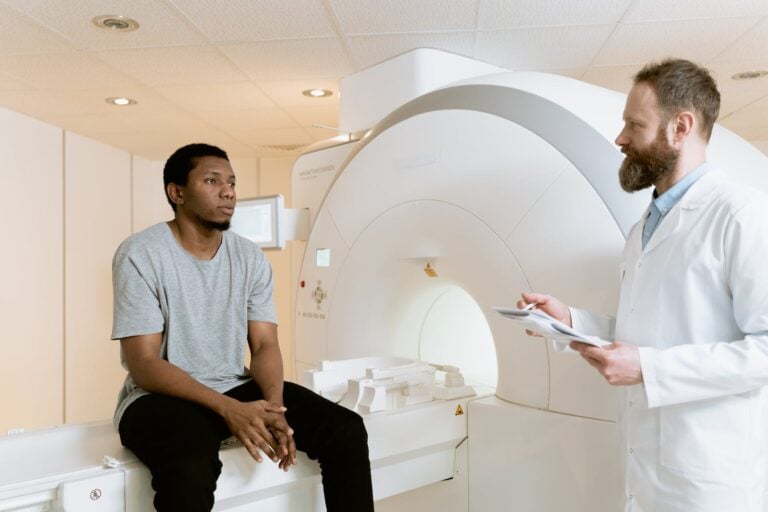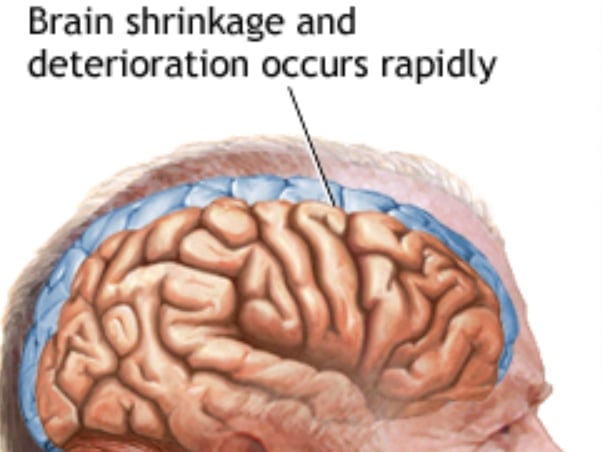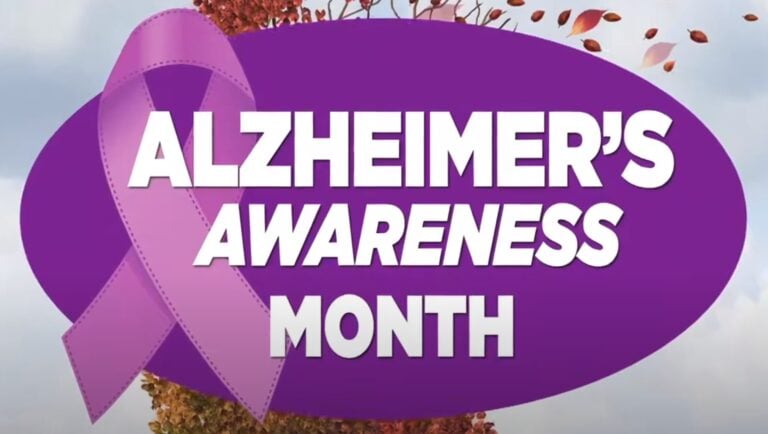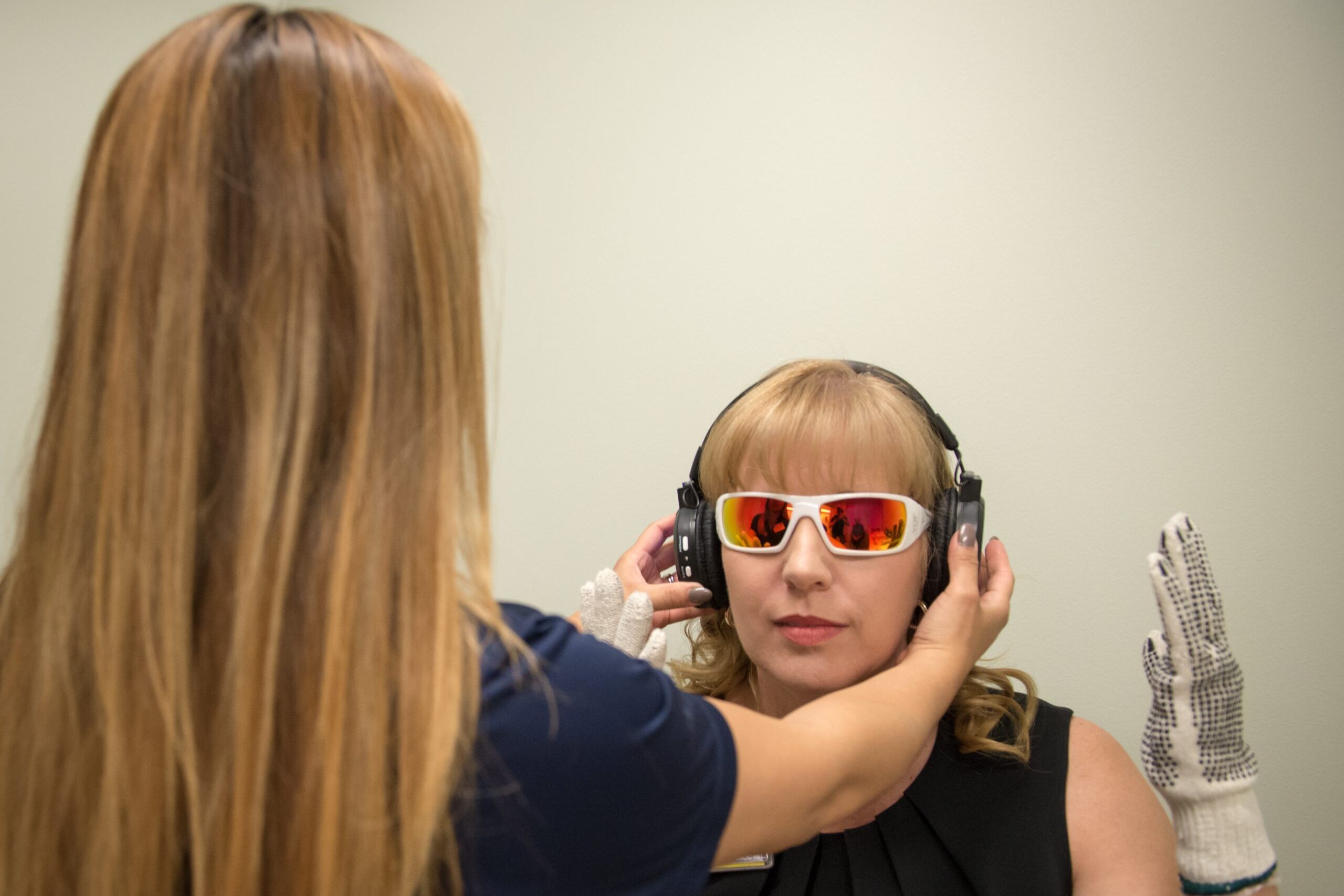
5 Communication Tips for Dementia Caregivers
TALKING TO PEOPLE WITH DEMENTIA IS VITAL when getting together. Check out 5 handy communication tips and books.

TALKING TO PEOPLE WITH DEMENTIA IS VITAL when getting together. Check out 5 handy communication tips and books.

Amyloid Scans diagnose and treat Alzheimer’s, at a hefty price. 11 years after FDA approval, Medicare can finally help.

Mad Cow Disease spreads vCJD dementia. In this key study, a non-invasive urine sample test picked it up. Find out how this may stop vCJD in its tracks.

As little as 1% increase in deep-sleep per year, for people over 60, translates into a 27% decreased risk of dementia.

DESIGN: See this video packed with great examples of home design for dementia. These insights can make a world of difference.

For Alzheimer’s Awareness Month, spread this video to raise awareness of simple things you can do to prevent Alzheimer’s.

In the most difficult moments, Kindness heals and reassures.

FULL MOVIE: “The 5th Dementia” is a diverse music band of people with dementia. When the music starts, they are transformed, diving in with no sheet music. Watch powerfully personal stories reveal this inexplicable phenomena.

See how The Virtual Forest Project lifts people with dementia.

BOOK OF THE WEEK: A story of love, commitment, faith and courage in the face of a catastrophic dementia diagnosis.

Moving a parent into an assisted living community requires patience, understanding and compassion. Ease this life change for your family member. These four tips can help make the transition easier for all.

VIDEO & ARTICLE: 500,000 family and professional caregivers have experienced The Virtual Dementia Tour®. It simulates Alzheimer’s for caregivers. It boosts their level of care and motivation. See how it works.

SEMINAR VIDEO: Watch Dr. Terry Barclay share his passion: To help patients and families thrive – not just survive – when living with Alzheimer’s.

SHORT-TERM MEMORY lapses are obvious signs of Alzheimer’s, but other tell-tale signals begin to show much earlier. Learn how to look for semantic impairments, such as simple questions about size.

Three important dementia studies focus on HS-AGING, a type of dementia almost as common as Alzheimer’s in the 85+ group. Yet few people have heard of it. Why? What makes it different?

An intriguing study of 120 grandmothers might surprise you. Doctors know socially engaged people have better cognition and less dementia. But can a person get too much of a good thing? What’s the right balance?

Enjoy this great duet between a musician with dementia and his son. A triumph of spirit over Alzheimer’s! Sing-a-long if you like!
No spam, only news and updates.


